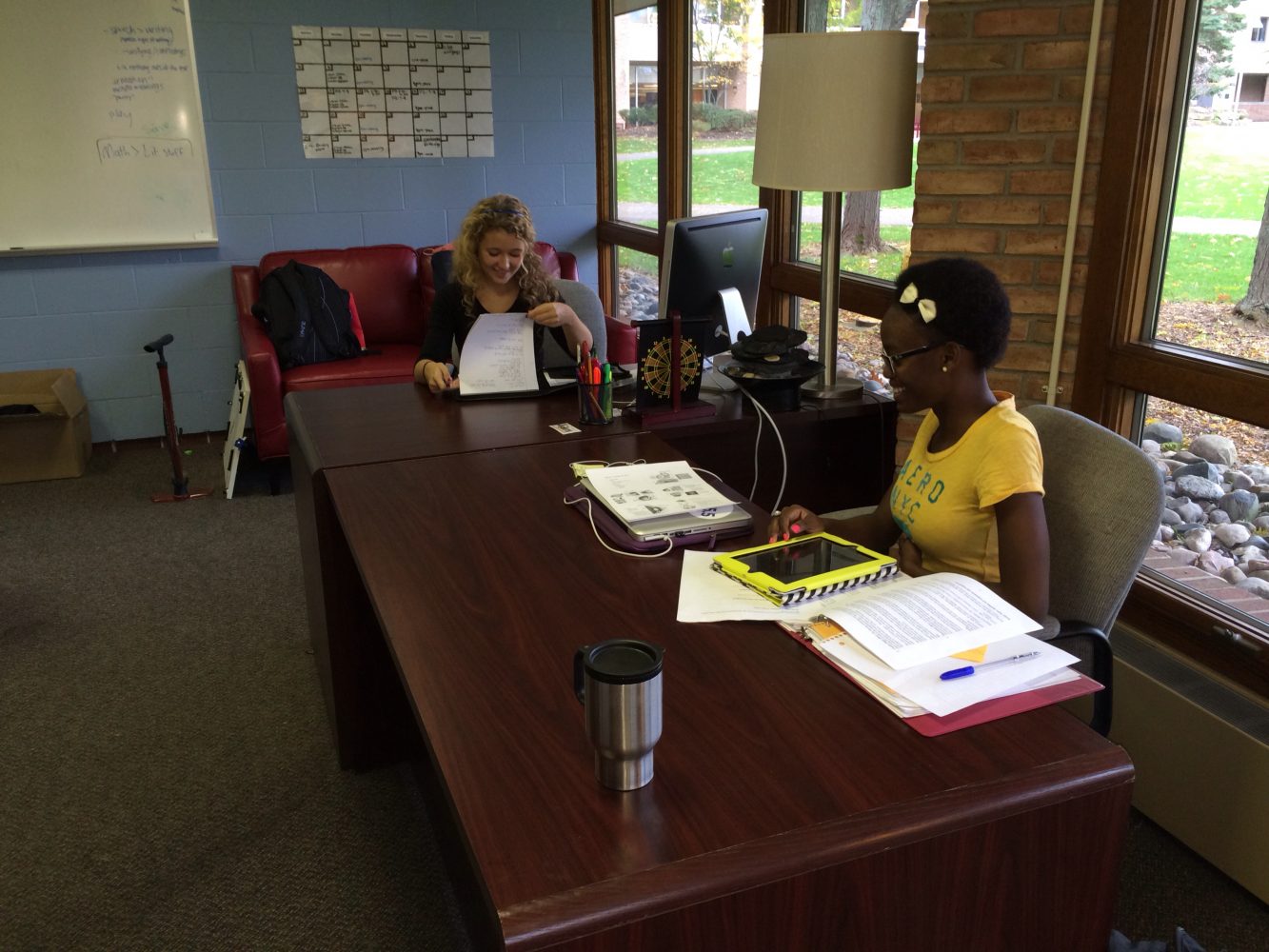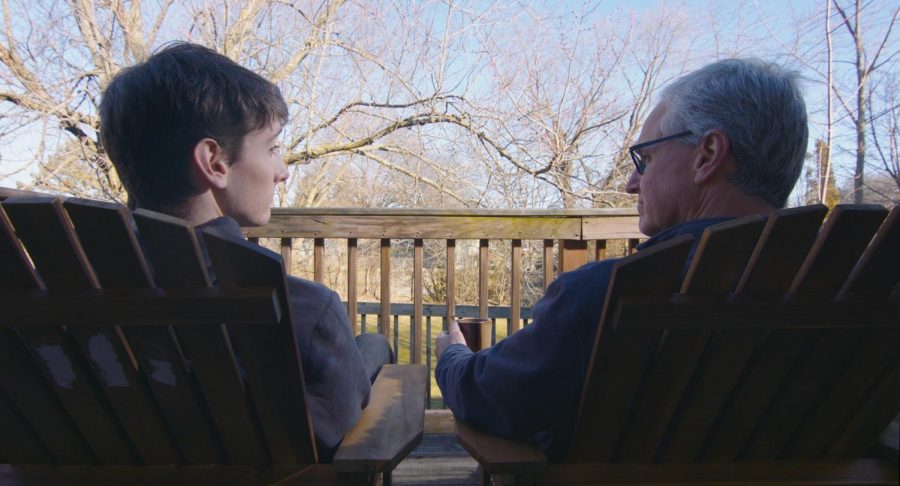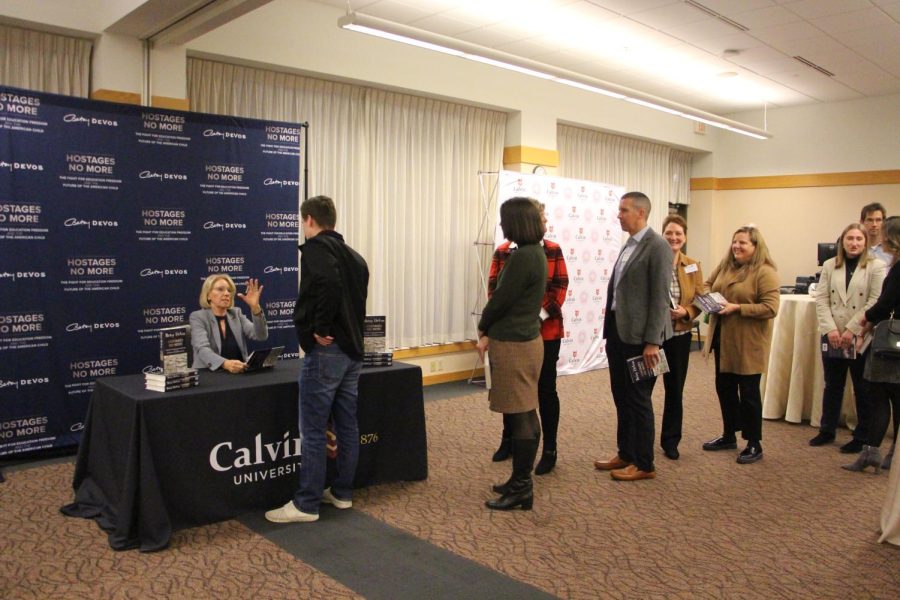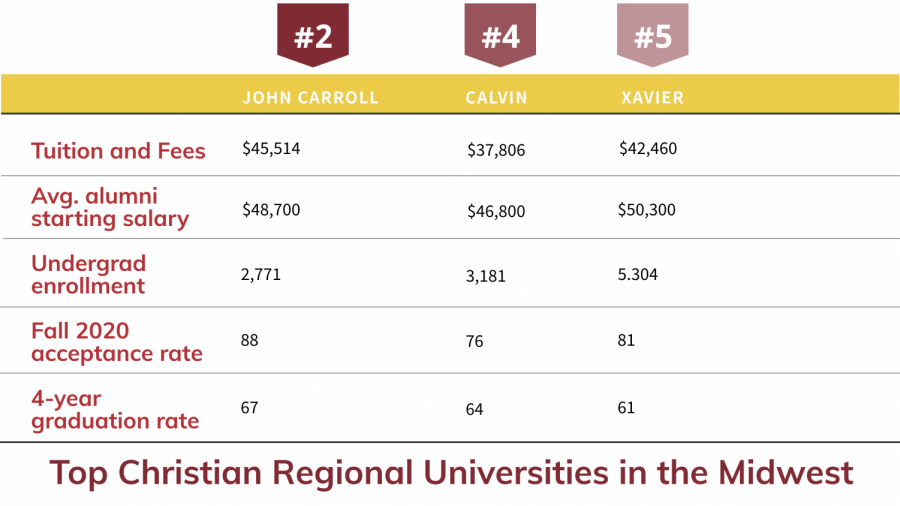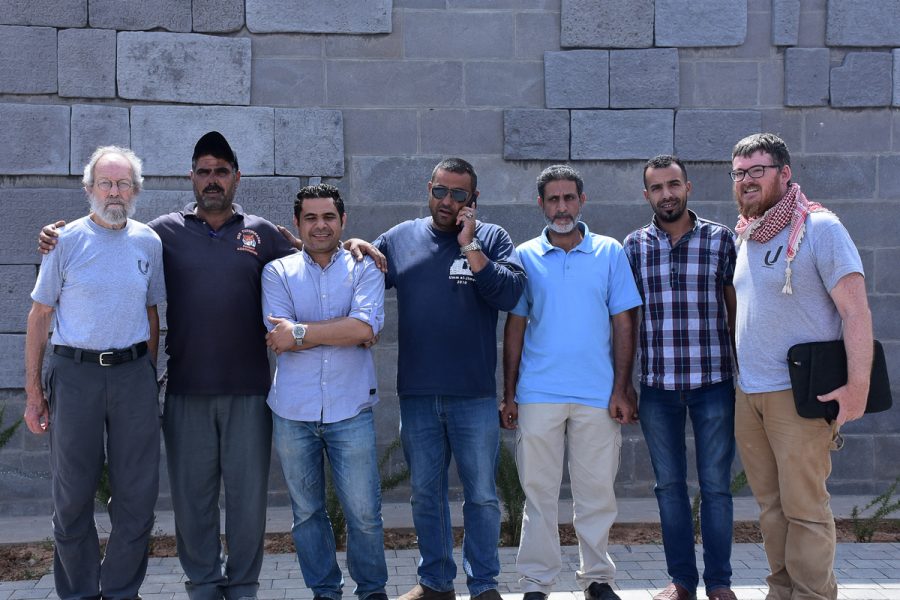Student senate has a lot of different ideas that come through their meetings, so to help evaluate all of them, they are hosting focus groups consisting of different students. Connor Schmidt, the vice president of representation for student senate, is leading these focus groups.
“There are only 15 of us, so this idea of making focus groups was a way of getting more opinions in and also making some projects that we are working on known to the public,” said Schmidt.
These focus groups act as a sounding board and allow for student senate to hear ideas from other students as well. There are five focus groups. Three groups have eight students and two groups have two students. Each focus group is led by a different cabinet leader and two senators helped out by recording and typing up the responses and ideas that were conveyed during these meetings.
Student senate went to different departments asking for recommendations for students to participate in the focus groups and then emailed the students asking if they were interested in participating. They had hoped to have about six to eight people in a group, but it didn’t quite work that way this time around.
“We didn’t want it to be a real big commitment because college students are busy. At least for this year, and hopefully next year, they are meeting for an hour twice a semester. It’s a super minimal commitment, but it’s just a way of checking in,” said Schmidt about the meetings.
Each group was given a different idea to discuss due to the short meetings. Some of the ideas that were discussed were the possibility of a 24/7-study area, how career services are used, core curriculum and academic evaluations.
Schmidt had this to say about the academic evaluations: “We wanted to know if they could be better utilized and better written; what are some misconceptions students might have with them, what are some concerns students might have about them.”
They also discussed the possibility of having a larger place for learning in big groups or maybe a student union. This would be a place where students could go to hang out and play games in one central place.
There was also talk of having a few days dedicated to socio-economic stereotypes, similar to UnLearn week, but called a socio-economic campaign week.
Schmidt also hopes that other departments will take advantage of these focus groups to get a variety of student opinions from all over campus. He sees it as a great advantage and a fantastic way to get student input.
Schmidt would love to have more students participate in these focus groups and hopes that anyone who is willing to take part will contact him or stop by the student senate office.




